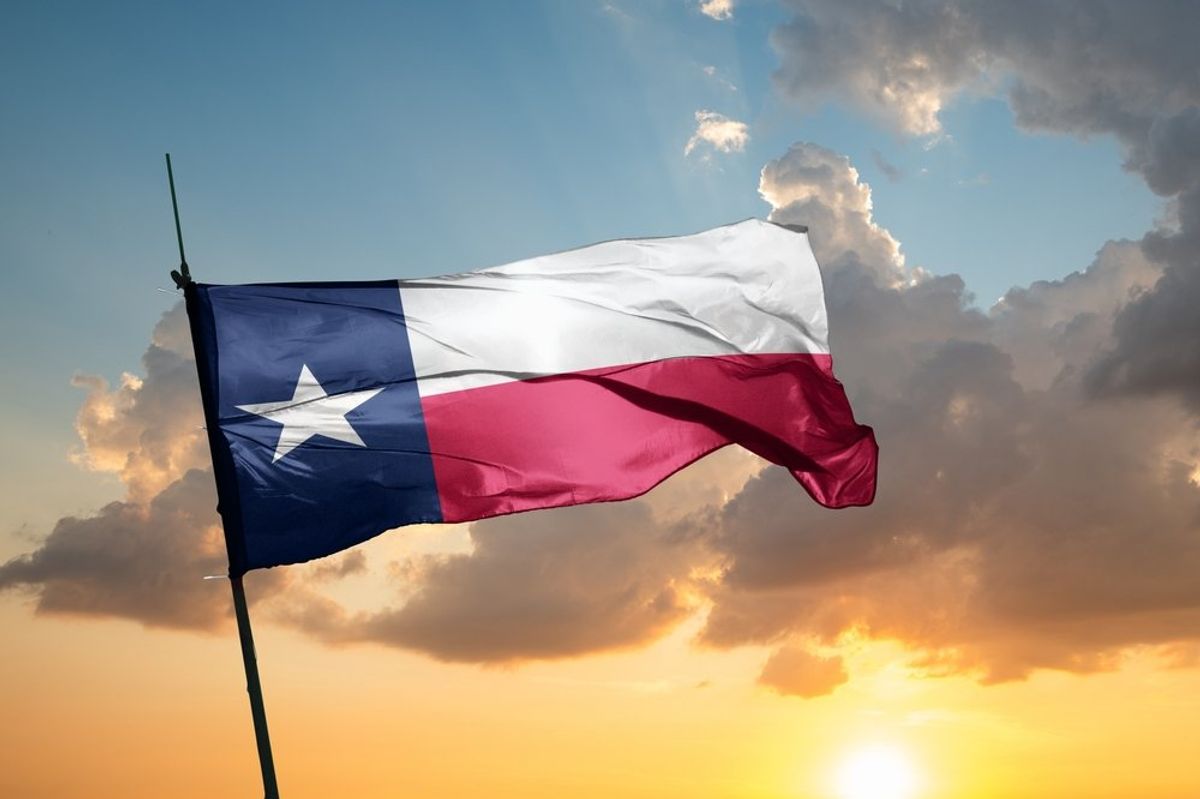Opposition Spokesman on Finance Julian Robinson says the government was already struggling to meet revenue needs before hurricanes Beryl and Melissa,...
Vous n'êtes pas connecté
- English
- Français
- عربي
- Español
- Deutsch
- Português
- русский язык
- Català
- Italiano
- Nederlands, Vlaams
- Norsk
- فارسی
- বাংলা
- اردو
- Azərbaycan dili
- Bahasa Indonesia
- Հայերեն
- Ελληνικά
- Bosanski jezik
- українська мова
- Íslenska
- Türkmen, Түркмен
- Türkçe
- Shqip
- Eesti keel
- magyar
- Қазақ тілі
- Kalaallisut ; kalaallit oqaasii
- Lietuvių kalba
- Latviešu valoda
- македонски јазик
- Монгол
- Bahasa Melayu ; بهاس ملايو
- ဗမာစာ
- Slovenščina
- тоҷикӣ ; toğikī ; تاجیکی
- ไทย
- O'zbek ; Ўзбек ; أۇزبېك
- Tiếng Việt
- ភាសាខ្មែរ
- རྫོང་ཁ
- Soomaaliga ; af Soomaali
Rubriques :
 Maroc - NEWSDAY.CO.TT - A la Une - 07/07/2024 14:06
Maroc - NEWSDAY.CO.TT - A la Une - 07/07/2024 14:06
Doppler Weather Radar: A precise weather warning tool
Trinidad and Tobago and its neighbours now have a very important tool in their arsenal when it comes to predicting and monitoring the weather. Minister of Public Utilities Marvin Gonzales and Planning Minister Pennelope Beckles attended the recommissioning of the Doppler Weather Radar in Brasso Venado on July 6. Gonzales began by expressing his awe at the beauty of the location, drawing comparisons to his native Paramin and describing the radar site view as breathtaking. It sits 250 metres above sea level and provides weather monitoring within a 400-kilometre radius. He said the Doppler Weather Radar is a cost-effective and reliable system designed to operate continuously in remote areas without constant human involvement. He said it provides continuous, precise data for weather monitoring, forecasting and warning services. The data is shared with the public, disaster preparedness authorities and regional meteorological services, which is supposed to help enhance the region’s readiness to face potential weather events. Reflecting on the recent destructive path of Hurricane Beryl, he said while the country was spared major damage, neighbouring islands such as Grenada, St Vincent and Barbados were severely affected, with Jamaica also experiencing significant impacts. Gonzales described Hurricane Beryl which first hit the region on July 1 and is now on course to hit Texas as one of the worst the region has seen. "Beryl will go down as one of the more destructive hurricanes the region has ever experienced," he said. Gonzales said the weather radar plays a critical role in strengthening the country's ability to mitigate risks associated with climate events like hurricanes and tropical storms. "This is not the result of any overnight activity, but a well-planned and executed exercise." He praised the planning and execution involved in recommissioning the radar, which provides real-time data to the member states of the Caribbean Meteorological Organisation. Gonzales said adverse weather and climate change know no boundaries, and co-operation at a regional and international scale is essential. The data collected will be shared with other islands, with the aim of equipping regional meteorological services to make more accurate weather predictions. This, he says, will help countries initiate risk mitigation strategies quickly. Gonzales stressed the importance of risk management. He said mismanaged risks can devastate lives, assets and economic stability, with the poor being hit the hardest. He acknowledged various challenges in managing risk, including resource and information constraints and "cognitive and behavioural factors." Gonzales said a lack of tools to mitigate risk and social or economic externalities can undermine the ability to manage risk effectively. "The unquantifiable, but yet absolutely critical, cost of these events is the emotional and psychological cost to citizens." He referenced the extensive damage caused by Hurricane Maria in 2017, which amounted to 200 per cent of Dominica’s gross domestic product and called for proactive policy approaches and advanced planning to address the effects of climate change, warmer seas and rising sea levels, rather than relying solely on post-disaster responses. Gonzales concluded by thanking the staff of our Trinidad and Tobago Meteorological Office "during these troubling times, but more so for their unstinting dedication to their duty and their service to the Trinidad and Tobago." The director of the National Oceanic and Atmospheric Administration, Roger Pulwarty, earlier in June said the region will experience an above-average hurricane season this year with an anticipated four to seven, three-five category hurricanes. The season runs from June 1-November 30. Pulwarty said scientific agencies were anticipating a hurricane season of about 85 per cent which is above average. It includes 17-25 total named storms at more than 39 miles per hour, 11 that would be 75 miles an hour higher and four-seven, three-five category hurricanes stronger than 110 miles an hour. The post Doppler Weather Radar: A precise weather warning tool appeared first on Trinidad and Tobago Newsday.
Articles similaires
Opposition spokesman flags pre-hurricane money problems amid new tax measures
Opposition Spokesman on Finance Julian Robinson says the government was already struggling to meet revenue needs before hurricanes Beryl and Melissa,...
GOP aide who died by lighting herself on fire alleged affair with House Republican: report
A Republican House staffer who died after setting herself on fire last year claimed in text messages to have had an affair with Rep. Tony Gonzales...
Crazy ransomware gang abuses employee monitoring tool in attacks
A member of the Crazy ransomware gang is abusing legitimate employee monitoring software and the SimpleHelp remote support tool to maintain...
Algorithm-based tool for home support funding is cruel and inhumane, Australian aged care workers warn
Exclusive: Mark Aitken, who worked in the sector for 16 years, said eight times out of 10 he disagreed with the integrated assessment tool
United States announces USD 6 Million health support to advance US health priorities in Trinidad and Tobago
PORT OF SPAIN, Trinidad – The United States and Trinidad and Tobago celebrate their continued health care partnership with a US commitment of US$6...
United States announces USD 6 Million health support to advance US health priorities in Trinidad and Tobago
PORT OF SPAIN, Trinidad – The United States and Trinidad and Tobago celebrate their continued health care partnership with a US commitment of US$6...
Texas Rep. Tony Gonzales says he is being 'blackmailed' over reported affair with former staffer
Rep. Tony Gonzales, Texas Republican, said he is being "blackmailed" by the husband of a now-deceased staffer after the lawmaker allegedly had an...
Sturge confirms US radar still active in Tobago
(Trinidad Guardian) Defence Minister Wayne Sturge has defended the Government’s continued use of a United States–supplied radar system installed...
Weather advisory issued for fifteenth storm of the season ‘Oriana’
The Gibraltar Government has issued a weather advisory for Storm Oriana which is set to bring south-westerly winds throughout Friday The Government...
Les derniers communiqués
-
Aucun élément




